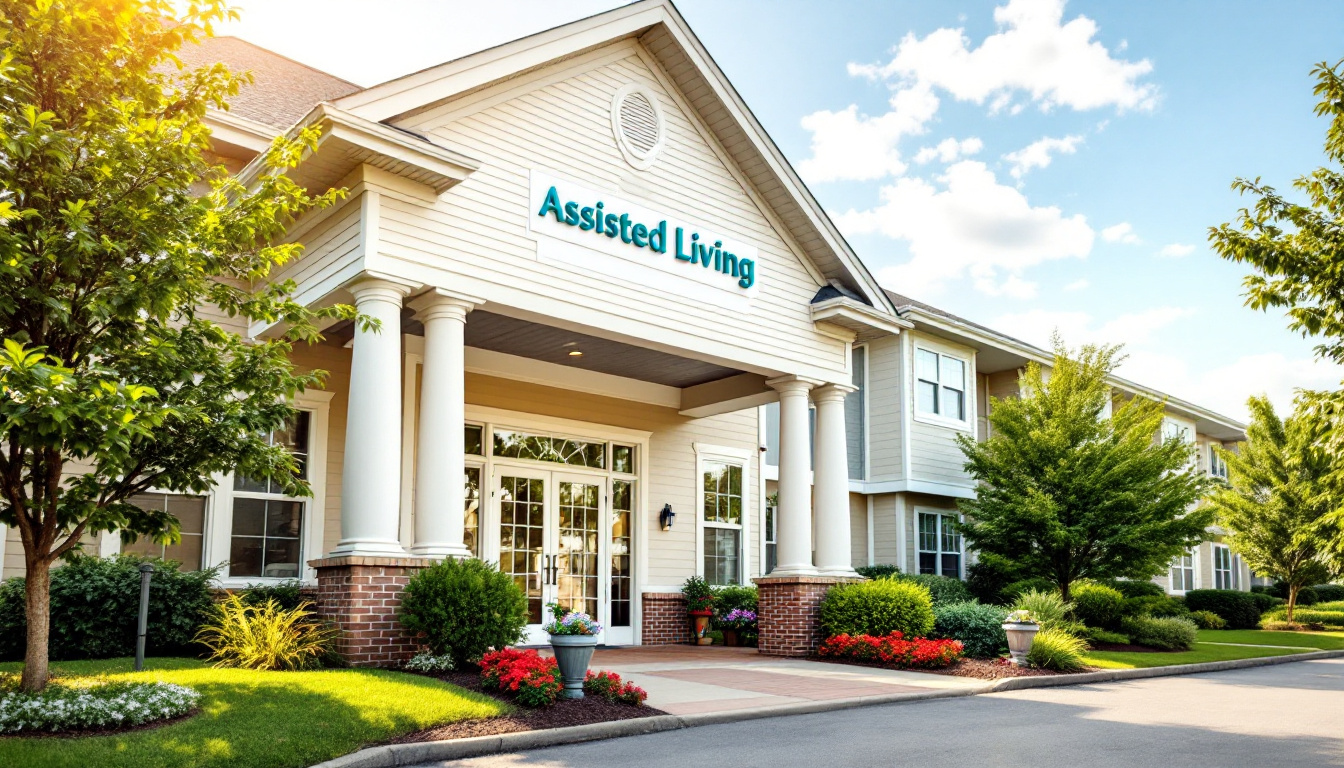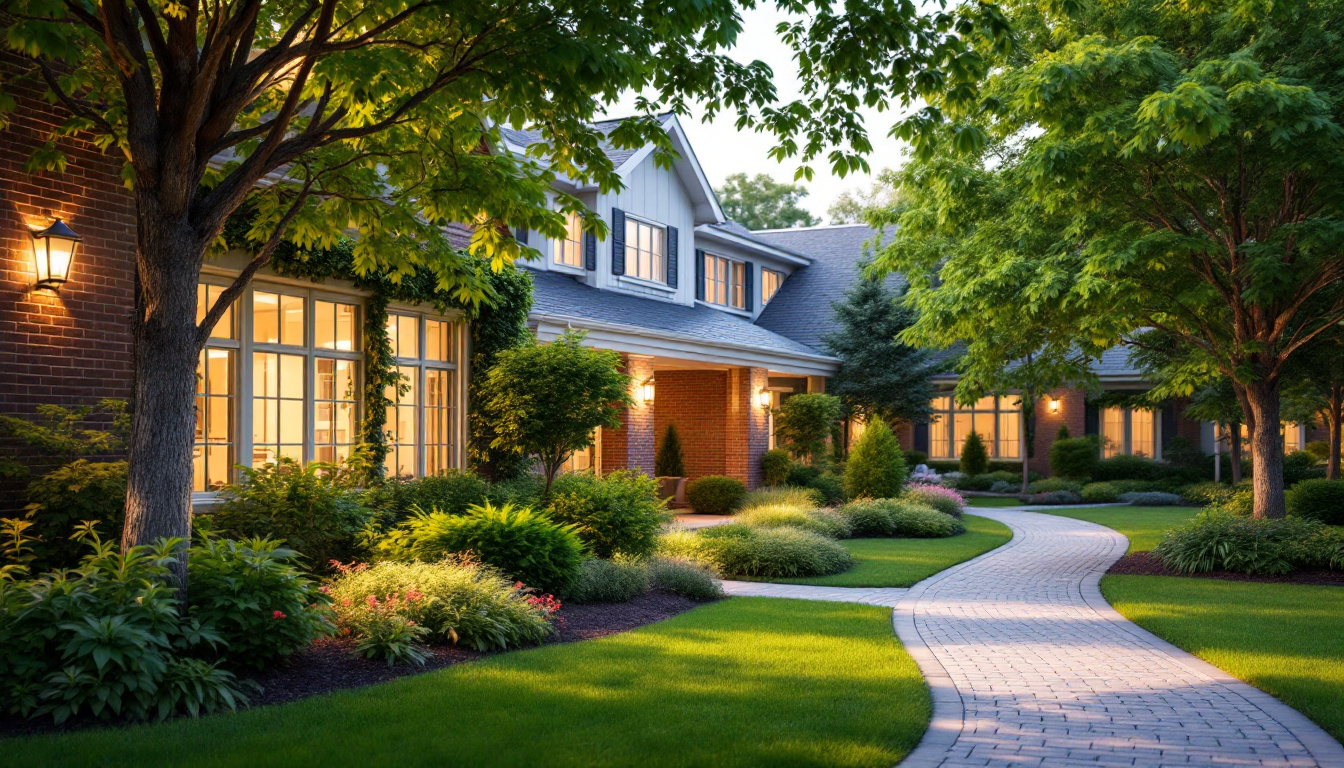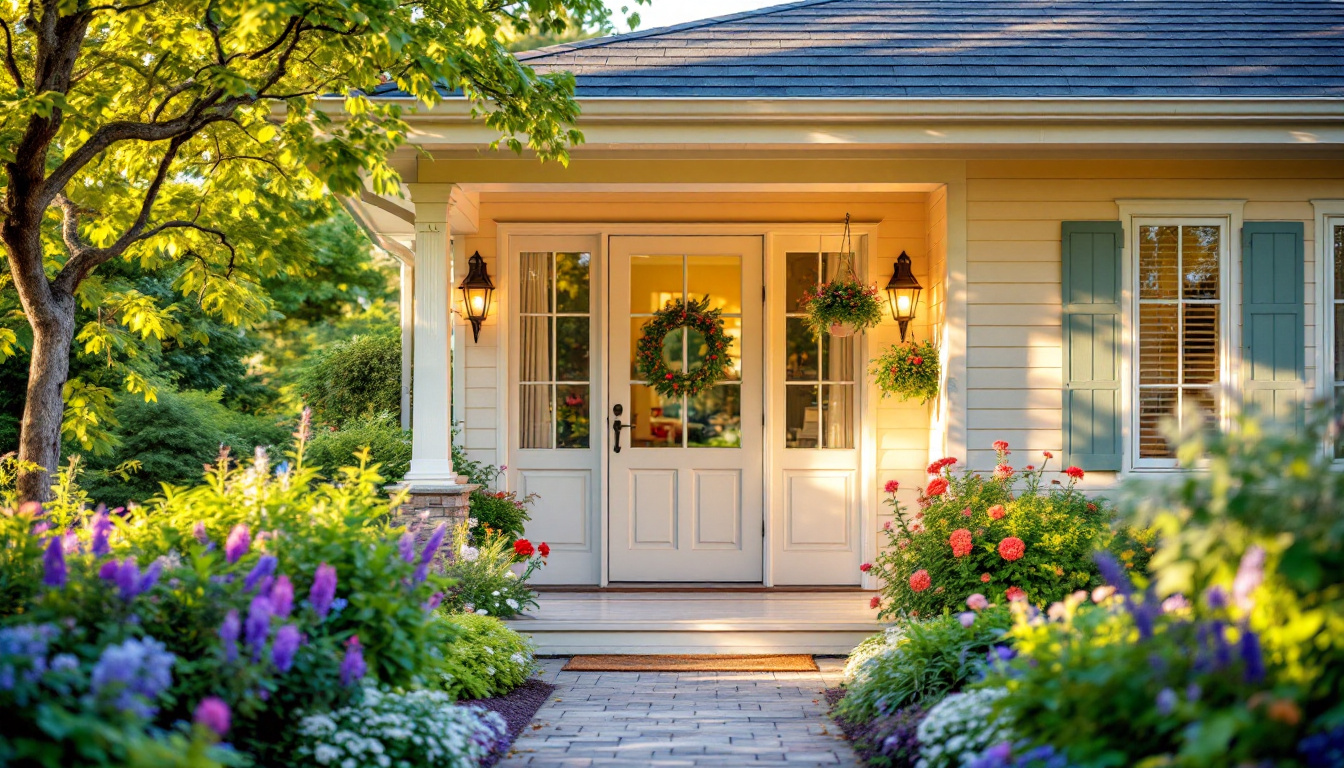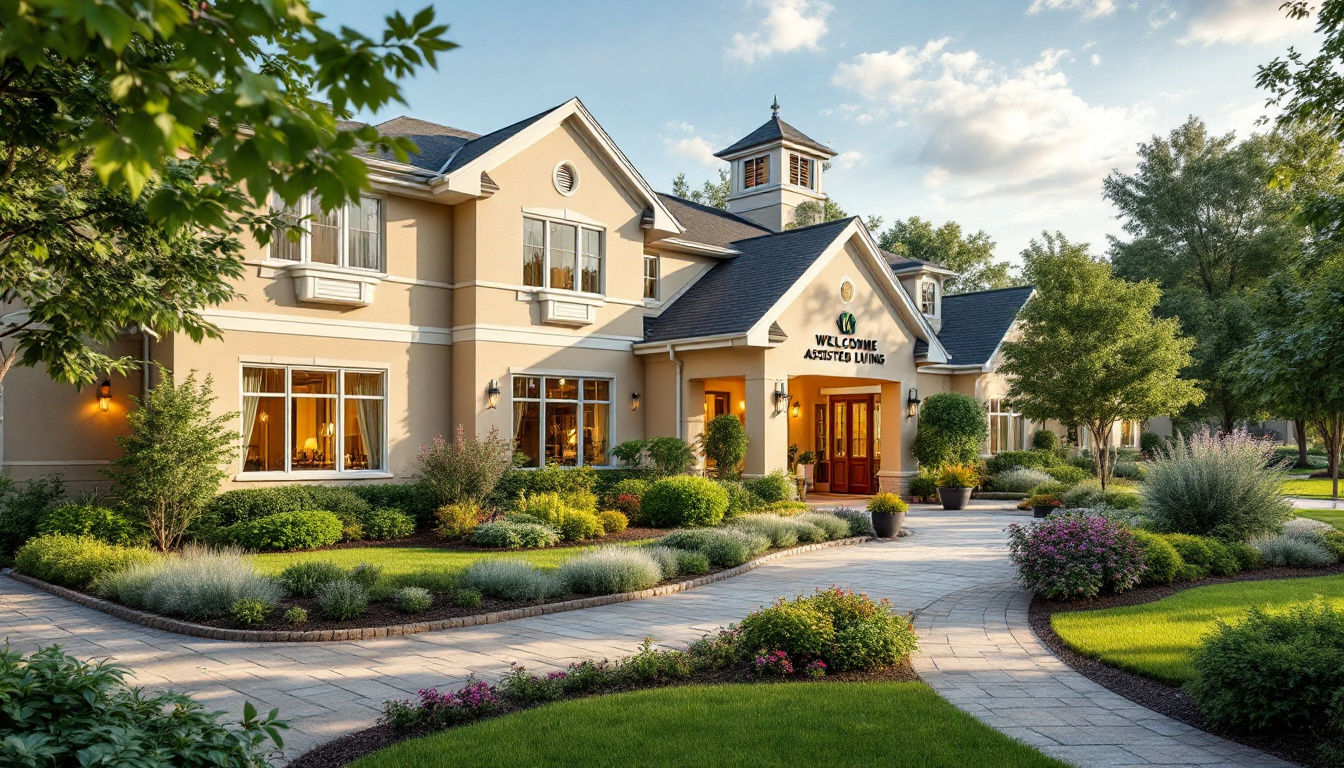How to Ensure Your Loved One Receives Quality Senior Care
Securing High-Quality Care for Your Elderly Loved One

Introduction to Ensuring Quality Senior Care
Navigating the complexities of senior care is a multifaceted task that requires careful consideration and planning. Ensuring that your loved one receives quality care involves understanding their specific needs, exploring different care options, managing the financial implications, and fostering clear communication with care providers. This guide will provide comprehensive insights into each of these areas, equipping families with the knowledge needed to make informed decisions.
Strategies for Maintaining Independence and Dignity

Establishing routines for seniors
Creating a daily routine helps seniors feel comfortable and secure by providing structure to their day. It can include regular meal times, scheduled physical activity, and social interactions. These habits promote a sense of stability and can enhance the overall wellbeing of seniors.
Encouraging independence
Fostering independence in elderly individuals is vital for maintaining their dignity and self-esteem. Allowing them to make choices about their daily activities, while providing necessary assistance for safety, helps them feel in control of their lives. This approach can also include engaging them in simple household tasks to promote a sense of accomplishment.
Ensuring safety at home
Safety in the home environment is a top priority. To minimize risks, it is important to remove tripping hazards, such as loose rugs and clutter, and to install grab bars in bathrooms. Keeping medication secure and easily accessible is another key aspect of home safety. Additionally, regular evaluations of living spaces can help in identifying and addressing potential safety issues effectively.
What are some strategies to cope with caregiver stress while taking care of elderly parents?
Managing caregiver stress is essential for both the caregiver’s well-being and the quality of care provided. Effective strategies include:
- Seeking support: Don’t hesitate to ask for help from family, friends, or hire professional services.
- Self-care practices: Focus on personal well-being, set realistic goals, and maintain social connections to combat burnout.
- Respite care: Utilize respite care services to get breaks from caregiving, allowing time to recharge.
- Recognizing stress signs: Be aware of signs like fatigue and mood changes to intervene promptly.
By following these strategies, caregivers can maintain their health and provide better care for their elderly loved ones.
Evaluating Care Facilities: Key Considerations

Assessing Nursing Home Quality
Evaluating nursing home quality is crucial for ensuring your loved ones receive the best care possible. Families should start by researching the reputation of facilities through various sources. This includes verifying certifications and licenses, as well as checking for any accreditations that indicate compliance with care standards. It is essential to consider staff qualifications, assessing their training and ongoing supervision, as competent caregivers are vital for effective senior care.
Frequent Family Visits and Monitoring
Regular visits to care facilities allow family members to monitor their loved one's well-being. During visits, family members should observe:
- Staff behavior and responsiveness to residents
- Cleanliness and overall atmosphere of the environment
- Safety measures in place
Changing the timing of visits also helps identify inconsistencies in care and staffing levels. Observing any unexplained injuries or behavioral changes can raise concerns about potential abuse or neglect, making documentation of such findings essential for future action.
Tools for Facility Comparison such as Medicare's Nursing Home Compare
Families can utilize tools like Medicare's Nursing Home Compare that provide valuable insights into facility quality. This tool displays important metrics including:
- Ratings based on health inspections
- Quality measures like staffing levels
- Resident experience feedback
By comparing these factors, families can make informed decisions and select facilities that best meet their loved one's needs.
How Much Does a Geriatric Care Manager Charge?
The cost of hiring a geriatric care manager varies broadly, typically ranging from $100 to $250 per hour. Initial assessments can cost between $150 and $750, influenced by the complexity of care required. Geriatric care managers — often trained social workers or nurses — can significantly ease the process of navigating elderly care needs. Most families find their assistance beneficial, as noted by the Florida Chapter of the Aging Life Care Association.
A strong evaluation process, encompassing quality assessments, vigilant family oversight, and using resources like Medicare’s tools, is integral to ensuring high standards of senior care.
Personalized Care: Meeting Unique Senior Needs

Creating a Comprehensive Care Plan
A well-structured care plan is fundamental to provide effective senior care. This plan should include a detailed health assessment, daily living assistance requirements, safety measures, and communication protocols with healthcare providers. Establishing specific health goals and routines will ensure that all care aspects are covered, enhancing the senior's quality of life.
Involving Seniors in Decision-Making
Engaging seniors in their own care decisions is crucial. It fosters their independence and respects their preferences concerning living arrangements and activities. When seniors feel involved, they are likely to be more satisfied with their care and adhere better to prescribed routines or diets.
Ensuring Tailored Care Through Communication
Open communication among family members, caregivers, and healthcare providers is vital. This dialogue facilitates adjustments to care plans based on the senior’s evolving needs. Regular updates and shared observations can help align the caregiving steps, ensuring personalized attention that caters to the emotional, physical, and social needs of each individual.
Key Factors for Personalized Care
| Factor | Description | Importance |
|---|---|---|
| Comprehensive Care Plan | Detailed overview of health and daily needs | Ensures all needs are met |
| Senior Involvement | Inclusion in decision-making processes | Improves satisfaction and compliance |
| Open Communication | Ongoing dialogue between caregivers and family | Facilitates timely adjustments |
Organizing care this way not only supports seniors’ well-being but also fosters a strong, trusting relationship among everyone involved.
Optimizing In-Home Care Services

Advantages of In-Home Care
In-home care offers remarkable benefits for seniors, primarily providing a tailored approach to their unique needs. This setting allows elderly individuals to remain in the comfort of their homes while receiving essential assistance. Services can range from personal care, such as bathing and dressing, to companionship and emotional support, crucial for promoting mental well-being.
Moreover, in-home care often proves more cost-effective compared to nursing homes or assisted living facilities, which typically involve significant monthly fees. In addition, family involvement is greatly enhanced, allowing loved ones to participate in their care, ensuring that it aligns with personal preferences and familiar surroundings.
Ensuring a Safe Home Environment
A safe living space is fundamental in in-home care. Caregivers must assess the home for potential hazards. This includes removing tripping risks, installing grab bars in bathrooms, and ensuring adequate lighting to prevent falls. Regular inspections can help maintain safety and assess the evolving needs of the seniors, ensuring they remain secure in their environment.
Managing Medical Care and Companionship
Part of in-home care involves coordinating medical appointments, managing medications, and monitoring vital signs. Keeping organized records of medication schedules enhances communication with healthcare providers. Additionally, the emotional aspect is vital; companionship through engaging in activities helps prevent loneliness and promotes cognitive health.
Through systematic care and regular visits, families can help optimize their loved one's well-being, enhancing their quality of life while maintaining independence.
Navigating Financial and Logistical Challenges in Senior Care

Understanding costs and insurance coverage
Managing the financial aspects of senior care is crucial for many families. For instance, the average annual cost for a private room in a nursing home can reach approximately $116,800, while a semi-private room can cost around $104,025. These figures highlight the significant financial burden families may face.
Insurance coverage can vary widely, so it's important to thoroughly research what is included in existing policies. Understanding the different types of care available, including in-home assistance and assisted living, can help families identify more cost-effective solutions while still meeting care needs.
The role of location and accessibility
When considering senior care options, the location is key. Proximity to family members and medical facilities can greatly influence the choice of care. Accessible environments help ensure that seniors can receive not only the medical attention they need but also social engagement opportunities that enhance their quality of life.
A well-located facility can reduce travel stress for family visits, ensuring that they can monitor the well-being of their loved ones.
Planning for future care needs
Future care planning involves selecting service providers who can adapt to changing needs. As seniors' conditions may evolve, having a flexible plan in place is necessary. Researching different care services, from home health to nursing homes, allows families to make informed choices now and in the future.
Evaluating the care plan regularly ensures that any necessary adjustments can be made to address changing health or emotional care requirements.
Conclusion: Making Informed Senior Care Decisions
Ensuring that your loved one receives the best possible senior care is an ongoing process that involves informed decisions, regular evaluations, and participation in their care journey. By understanding their unique needs, maintaining open communication with care providers, and managing logistical and financial aspects, families can enhance the quality of life for their elderly loved ones. Remaining proactive and attentive in these efforts will foster an environment where seniors can thrive with dignity and comfort.
References
- 7 Important Tips for Providing Quality Senior Care - safe homecare
- Nursing Home Tips | Ensuring Quality Care for Loved Ones
- How Can I Ensure the Quality of Home Health Care Services for My ...
- Things to Consider When Choosing the Right Care for Loved Ones
- How to Know Your Loved One Is Getting the Senior Care ... - Health
- Tips on How to Take Care of the Elderly in Your Home | Care Indeed
- How To Ensure Your Loved One Receives Proper Care In A ...
- How To Choose the Right Senior Care: A Guide for Families
- Considering a Geriatric Care Manager? What You Need to Know.






































































































